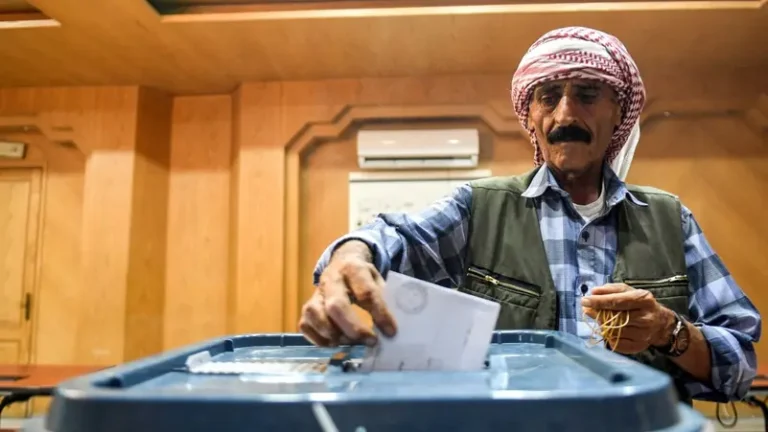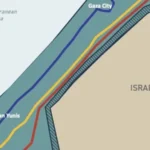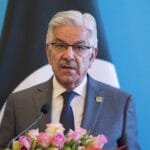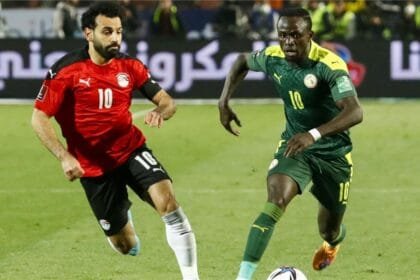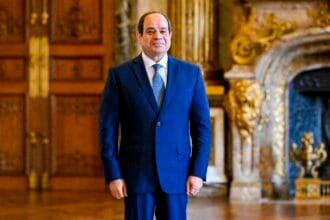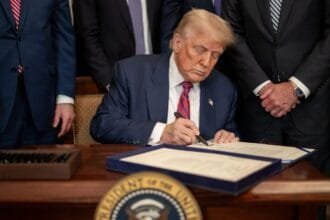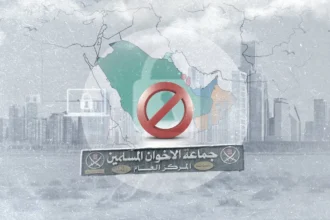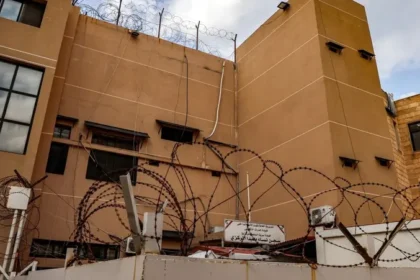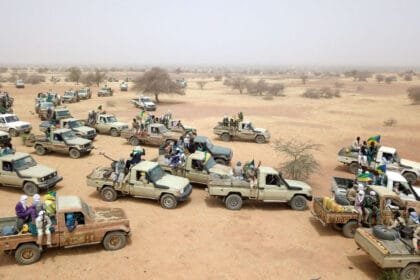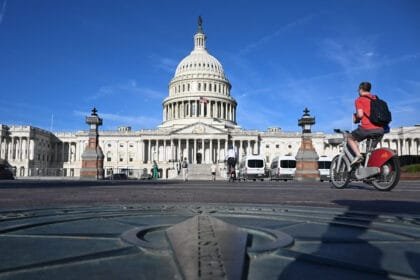Damascus, Syria – The approved electoral centers in the Syrian governorates opened their doors at nine o’clock in the morning local time on Sunday. They began the voting process and received members of the electoral bodies to cast their votes.
This marks the first process of electing members of the Syrian People’s Assembly after the fall of Bashar al-Assad’s regime.
What should you know about this election?
Parliament, whose term is thirty months and renewable, will be formed based on a mechanism specified in the Constitutional Declaration. It is not through direct elections by the people.
Under the mechanism, regional bodies are formed by a higher committee. The committee’s members were appointed by transitional President Ahmed Al-Sharaa. They elect two-thirds of the Council’s 210 members, while the president appoints the remaining third.
Son of last rabbi to leave Syria
According to the Supreme Elections Committee, 1,578 candidates, 14 percent of whom are women, are competing to win council seats.
Among them is the Syrian-American Henry Hamra, the son of the last rabbi who left Syria in the 1990s.
He is the first candidate for the Jewish community in nearly seven decades.
The provisional election system also requires that the candidate not be “a supporter of the previous regime or an advocate of division or secession.”

When will the results be announced?
In addition, six thousand voters from regional electoral bodies began casting their votes starting at 09:00 am local time (06:00 GMT). Ballot boxes close at around 05:00 pm (14:00 GMT).
The results are also expected to be announced on the same day. However, the legislature will not be formally formed until Sharia law chooses the remaining third.
Diversity in Parliament
A number of analysts believed that Sharia’s selection of 70 representatives may determine the effectiveness and legitimacy of the new body.
Choosing women or minority representatives can add diversity to Parliament.
It is noteworthy that the Supreme Elections Committee announced last August the postponement of the selection of council members in the governorates of Suwayda, Raqqa (north), and Al-Hasakah (northeast). This was due to “security challenges”.
In September, sub-election committees were formed in some areas of Raqqa and Hasakah.





